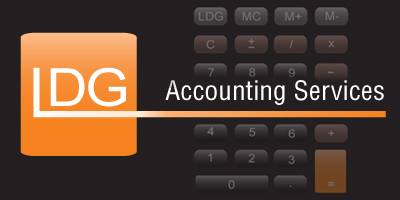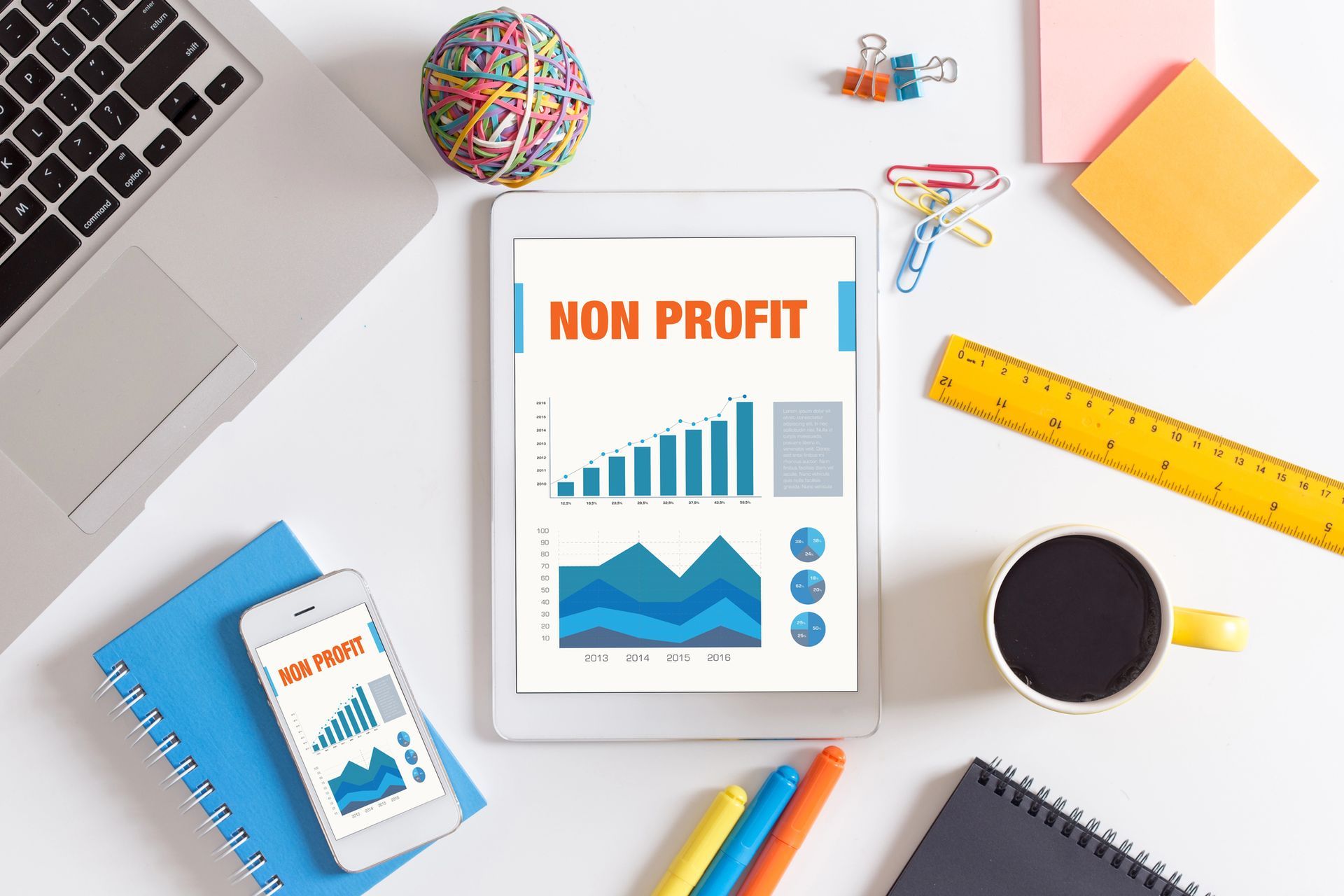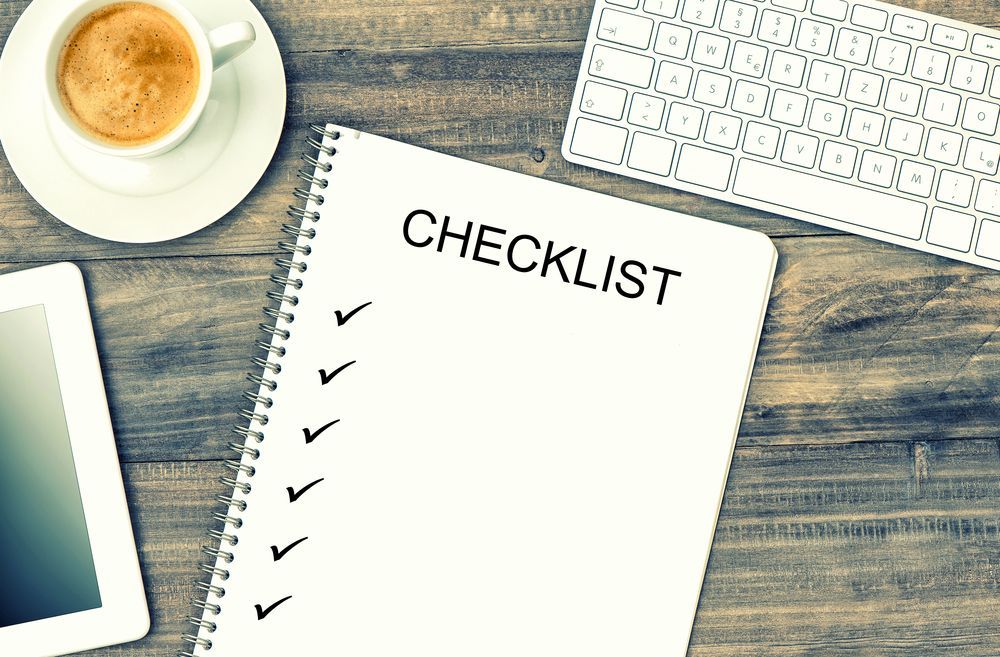Starting a New Business? The Important Steps To Take
Step One: Determining Viability
- Financial startup cost
- Earning potential
- Entry market
Financial Startup Cost
The financial startup costs require several tasks. First, determine what the initial costs would be to begin operating. This can be the cost of equipment, deposits, or other necessary expenditures. It should include your initial marketing budget as well. You will also use this information if you choose to take out a business loan.
Earning Potential
Second, create a budget for your startup. Determine how much revenue needs to be generated to break even as well as potential costs that could come up regularly down the road. Don’t ignore paying yourself. There is no reason to start a business if you won’t be able to pay yourself.
Entry Market
Third, check the current economic climate or mood. If tourism numbers are down in your city, opening a tour company may not be viable at that time. Check spending data to ensure that you will be able to generate sufficient revenue when you open. If the data is not positive, evaluate if conditions may be getting more favorable in the future. You can also consider ways to alter your products and services to better match current and future demand.
While considering the financials, you should also evaluate the market your business will be entering. What products or services will you be offering? Who will be your customer base? Once you know, is your business near these potential customers?
Also, consider your competition. Do many other businesses offer a similar product? Will your products be sufficiently different or will there be enough demand when your business is launched?
Although it might seem superficial, consider whether this type of business is in your skill set. Do you have the necessary training and time to succeed? Some may take a hobby they enjoy but end up realizing they cannot scale up or enjoy it at the business level.
Once you go through these steps, you will have a much clearer idea the challenges you will face. Read more to learn about step 2.
Step Two: Develop Timelines and Milestones
For years you have considered starting your own business. Now you are ready to turn those dreams into reality. Once you have evaluated your financial and market viability, (see step 1 here link goes here) go ahead and create a basic timeline for your startup. Set specific tasks based upon your viability analysis but be prepared for them to change as well.
Start with your finished goals on your timeline. What viability research did you complete? What previous connections with suppliers or potential customers have you already made? Have you already applied for patents or developed prototypes for products? These completed milestones help show potential investors and clients that you have taken significant steps towards launching the business.
Then move onto creating specific milestones in your timeline. Give each milestone an end date, but some may require a start date as well if they will take a specified amount of time. Also consider what milestones have prerequisites or need to be completed concurrently. You don’t want your project held up even later because one late milestone pushed back others. The last milestone for this timeline will be the opening of your business.
- Although there are many possible milestones to consider here are some of the most notable:
- Apply for any trademarks and/or patents
- Select a name and legal structure
- Register name with the State of Georgia
- Obtain a Federal Tax ID number
- Open a business bank account
- Write a formal business plan
- Register for a domain name (to be used later)
- Decide on where the business will take place (home office, warehouse, office)
- Rent office space (if required)
- Obtain licenses and permits needed for the industry you are in
- Obtain the proper insurances
- Hire employees (if necessary)
Many of these are straightforward steps, but let’s break a few of them down further.
Apply for Any Trademarks and/or Patents
When it comes to trademarks and patents, be prepared to apply early on. According to the US Patent and Trademark Office, it can take 16-23 months to secure your patent depending on the type of patent needed and questions the patent examiner might have. If your business requires it, make sure it’s done before you open, as patents cannot be obtained once the invention has been publicly disclosed. There is also a cost ranging from a few hundred to about a thousand dollars for the patent application and associated fees.
Select a Name & Legal Structure
Although choosing your business structure is relatively simple to set up, make sure you do your research ahead of time. Figure out which structure best fits your business both at startup but also down the road. Although it may be possible to change later on, this is not always available depending on your location. There can also be tax issues and even result in the dissolution of your business. When naming your business, make sure that it is easily recognizable and memorable, professional, as well as connected to the good or service that you will be providing.
Write a Formal Business Plan
You may be tempted to believe that you already have most of your business plan together with this timeline, but business plans include much more than start-up goals. Whether it is a twenty page traditional plan or a lean startup plan that just contains key elements, a business plan helps you focus your startup’s purpose, attract investors or secure a loan, as well as encourage others to come work for you. The main components of a successful business plan include your company description, market analysis, product line, marketing strategy, and financial projections. Do not forget an executive summary, where you can detail why investors should choose your business.
Obtain the Licenses and Permits Needed for Your Industry
Although most businesses will only need state or local permitting and licensing, you may need to apply for Federal permits depending on the industry you are entering, such as agriculture, aviation, and maritime transport. You may also need to file with the Federal government if you need tax-exempt status as a non-profit or if you are creating an S-corp.
Obtain Proper Insurances
When purchasing insurance, you will need a general liability policy that covers most cases involving loss or damages. You might also consider an umbrella policy that not only covers additional circumstances, but also can respond in cases where your general liability policy is exhausted.
Hire Employees (if necessary)
If you choose to hire employees, make sure you have time to find the right candidates and adequately train them for your business’ launch date. This may seem straightforward, but you want all of your employees to be ready to make a good first impression on your new clients.
Open Your Business
The last milestone for the timeline will be the formal opening of your business. Make sure you give yourself ample time to complete all previous milestones. When considering your opening date, look to see if there is a particular time of that month or even year that will help get your business started on the right foot. For instance, a business that caters to children and families might want to open late spring or early summer to take advantage of families out of school.
There are a few more key milestones in starting your business, but they will be covered in greater detail in the next article. Check back next week as we discuss setting up an accounting system and setting up tax paperwork.












